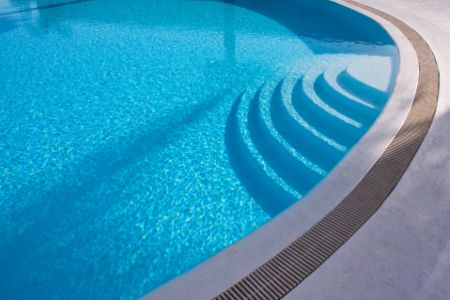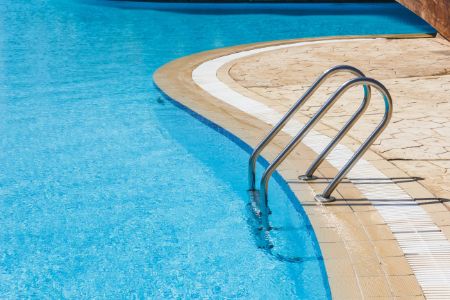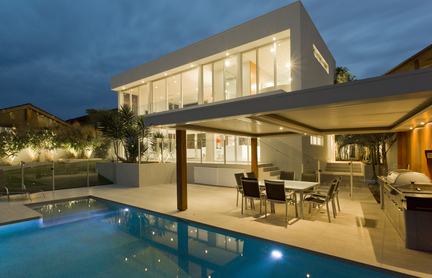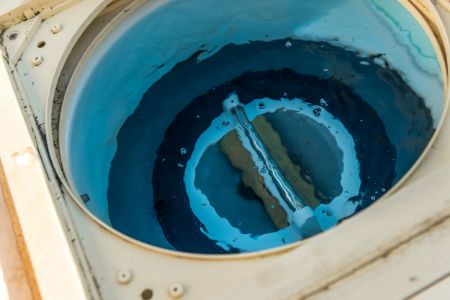Signs It's Time for a Pool Pump and Motor Replacement
Pool owners of Gilbert, I want to shed some light on a crucial topic: pool pump and motor replacement. Your pool pump and motor play a vital role in keeping your pool clean, safe, and properly circulated. However, like any mechanical equipment, they can wear out […]



